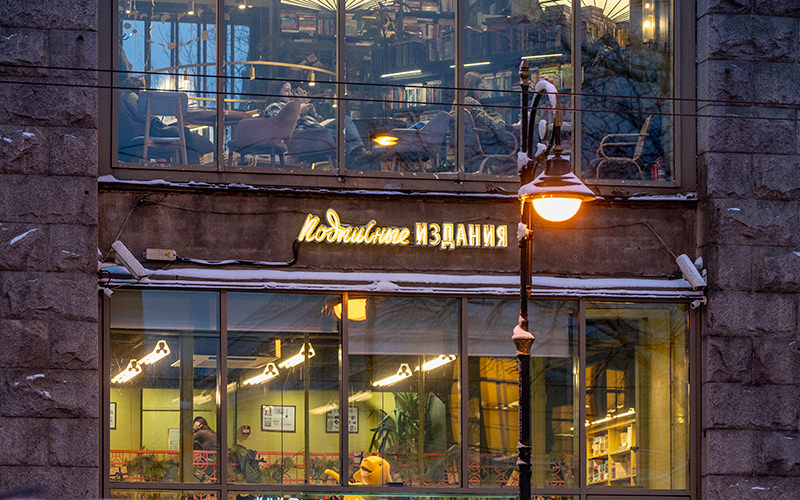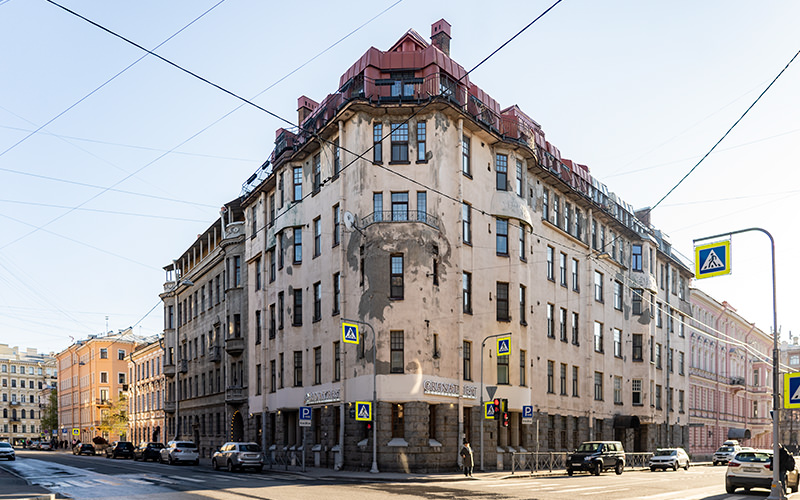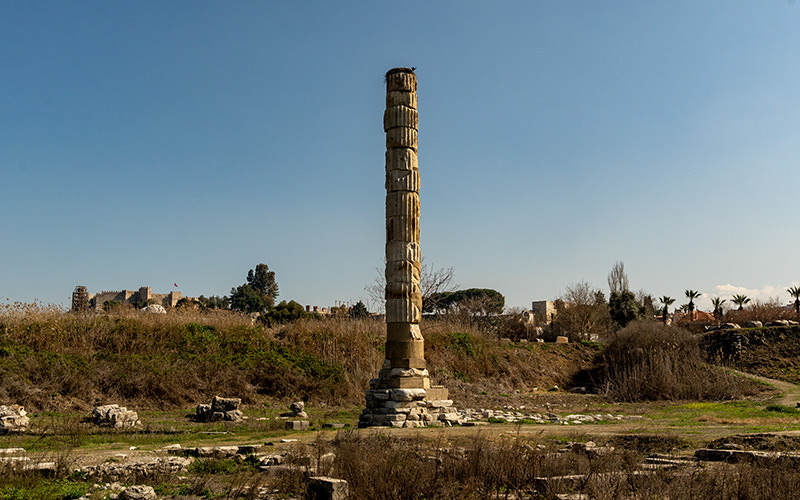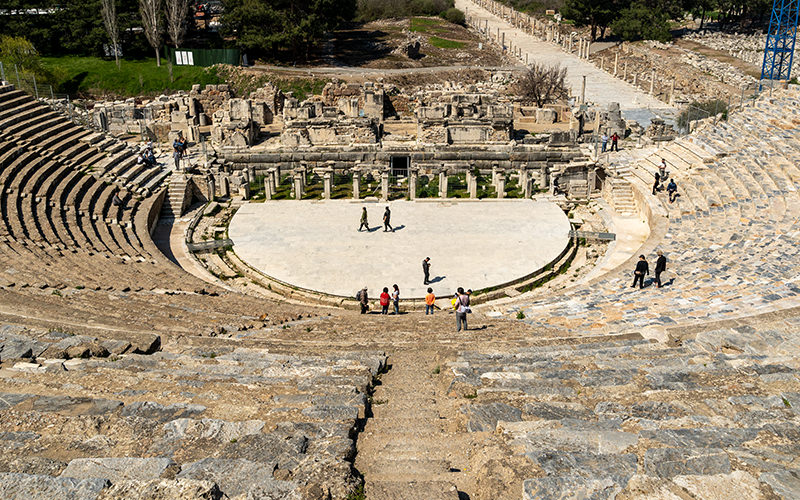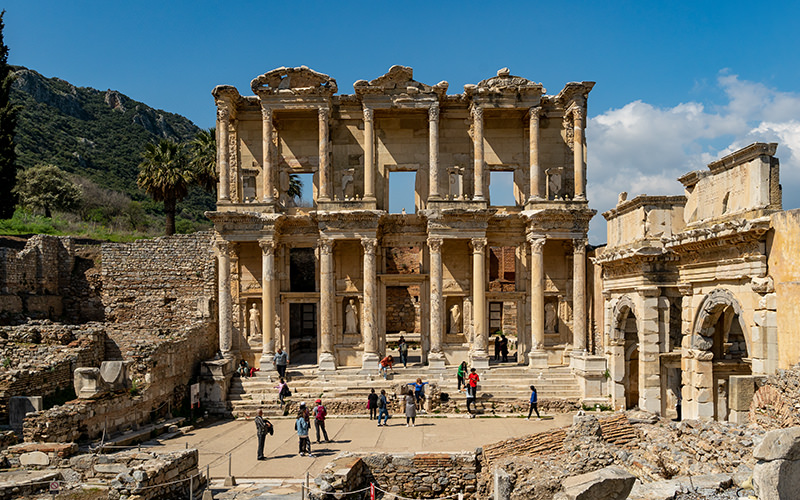After a stroll through the amazing museum on the site of the ancient city of Ephesus, I decided to go and see another attraction in the area, the so-called Cave of the Seven Sleepers of Ephesus. Honestly, I hadn't heard about this grotto before, but noticing such an unusual name on online maps, I decided to change my route to find out what is located in this place.


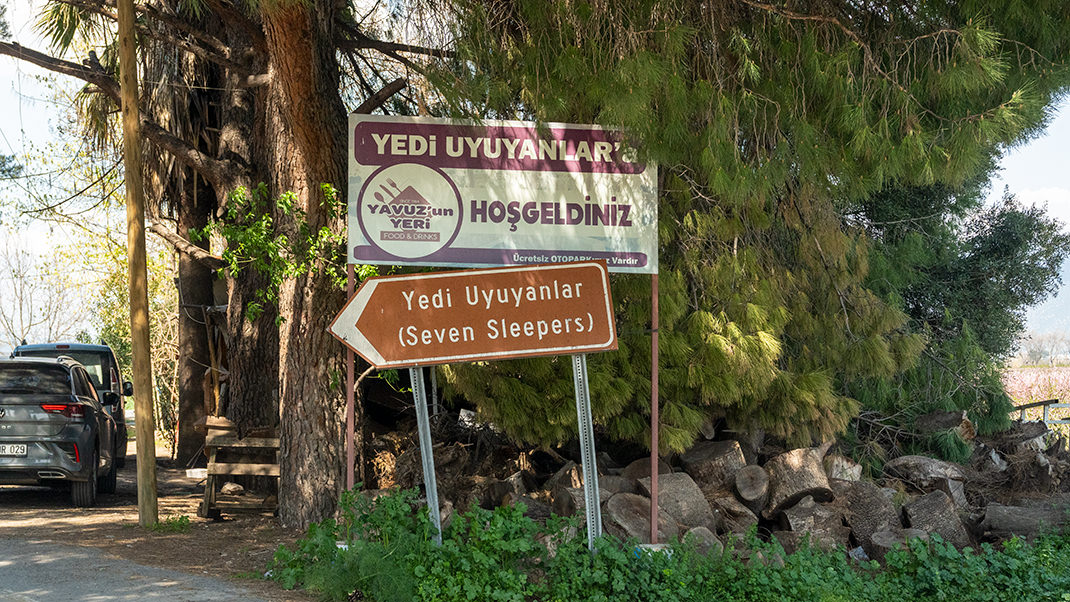
A bit of history
The Cave of the Seven Sleepers of Ephesus is located approximately 35 minutes' walk from the center of the Turkish town of Selcuk. You can plan your route here using online map applications. Along the way, tourists will encounter signs indicating the direction to the attraction. The entrance is free.
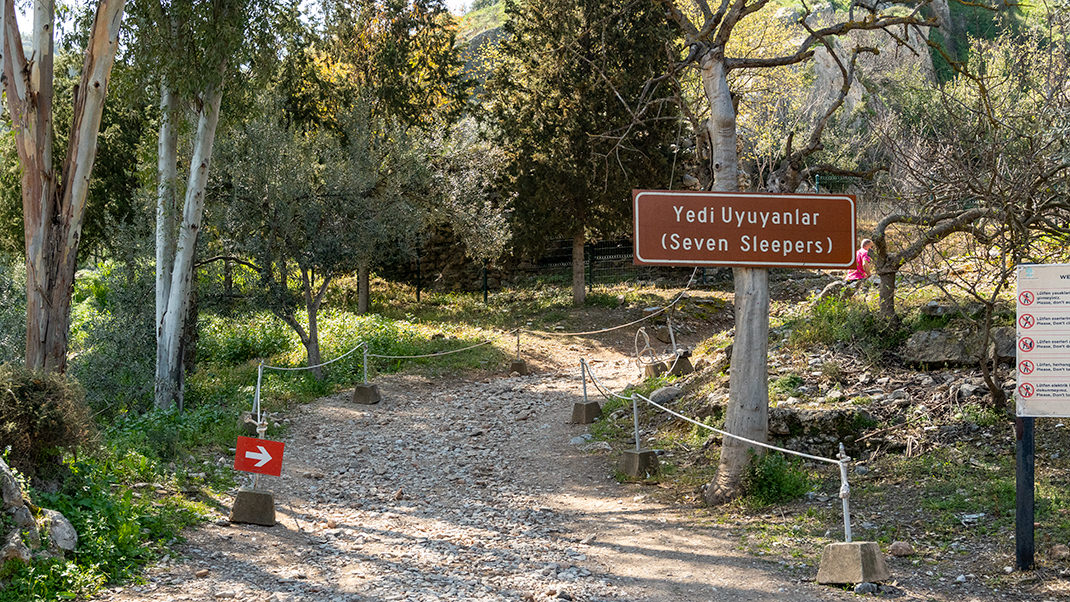
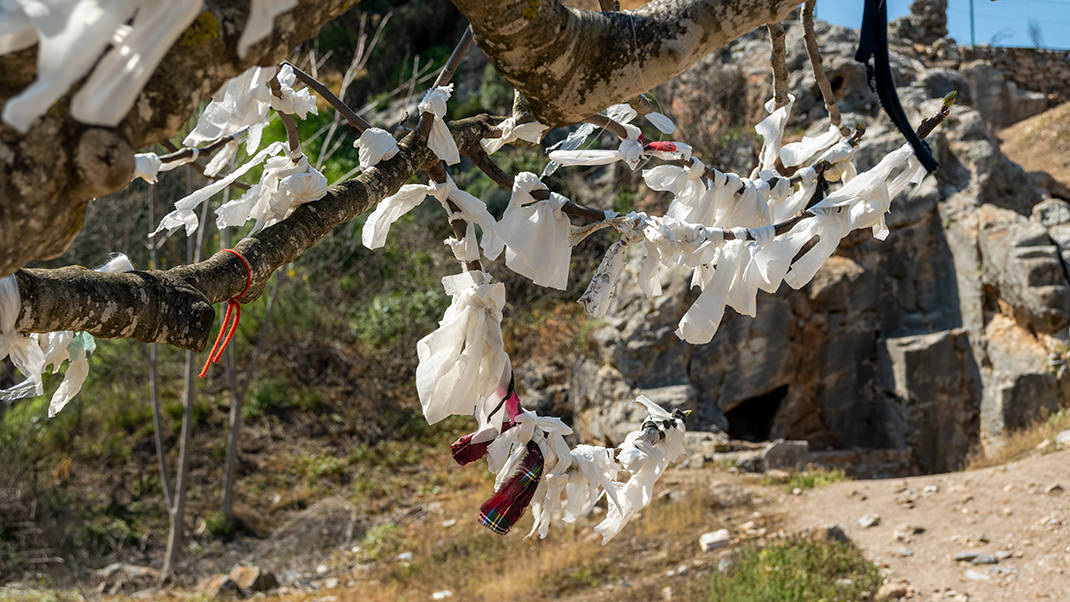
Near the cave itself, there is an information board with text in Turkish and English, where I learned the history of this place. According to legend, the grotto is associated with seven young Christians from Ephesus who lived in the 3rd century.
Legend has it that all seven boys refused to participate in the ritual of worshiping pagan gods organized by the ruling emperor at that time, Decius, known for persecuting Christians. After threats of punishment, the youths left the city and took refuge in a cave in the surrounding mountains. Upon learning of this, the ruler ordered to seal the young men inside the cave. Deprived of access to food and water, the youths soon fell into a deep sleep.
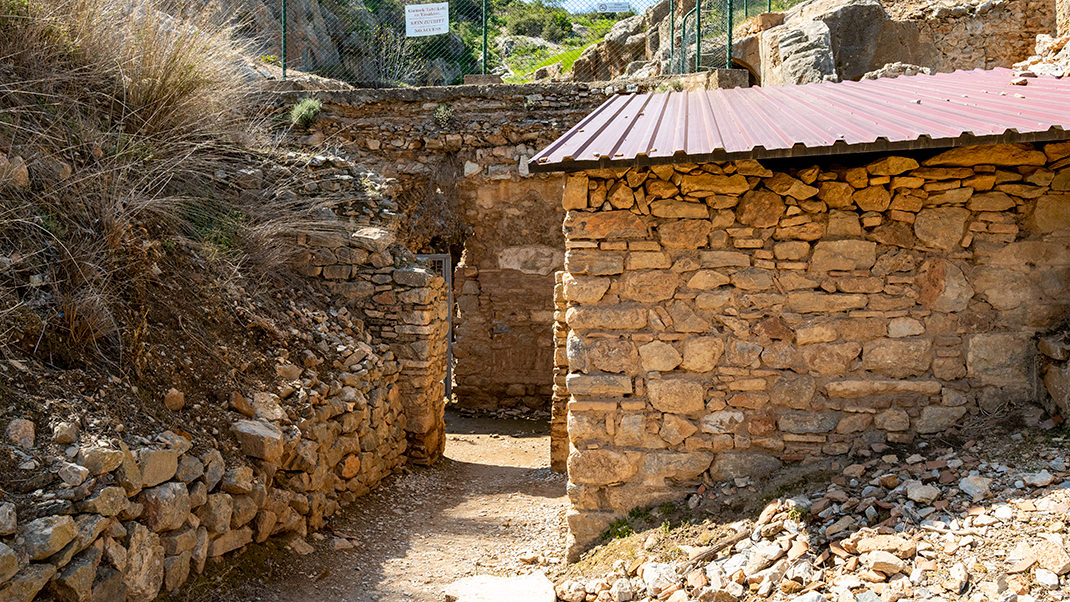
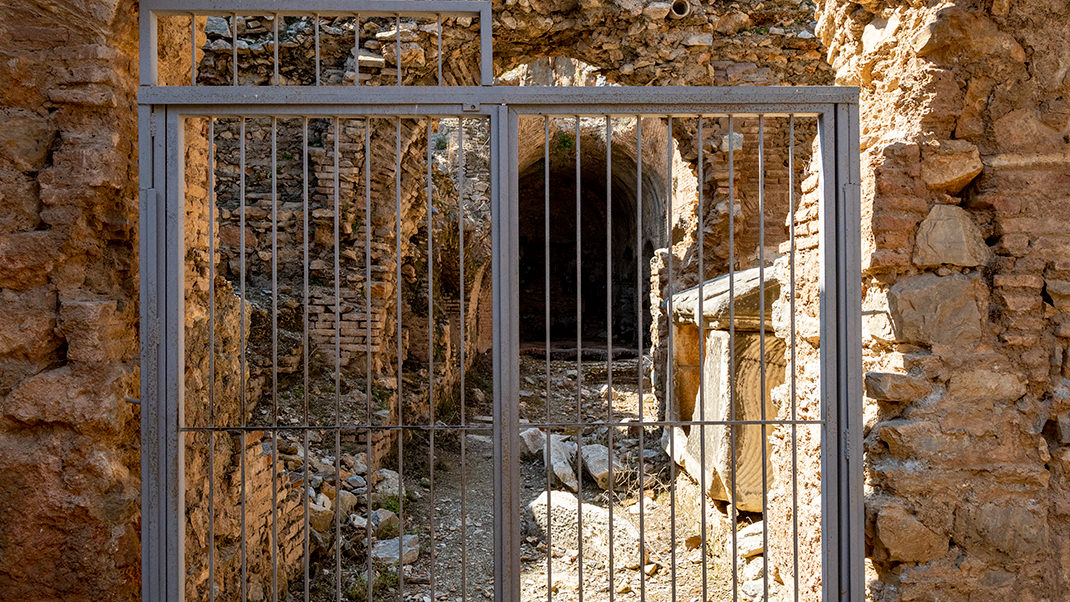
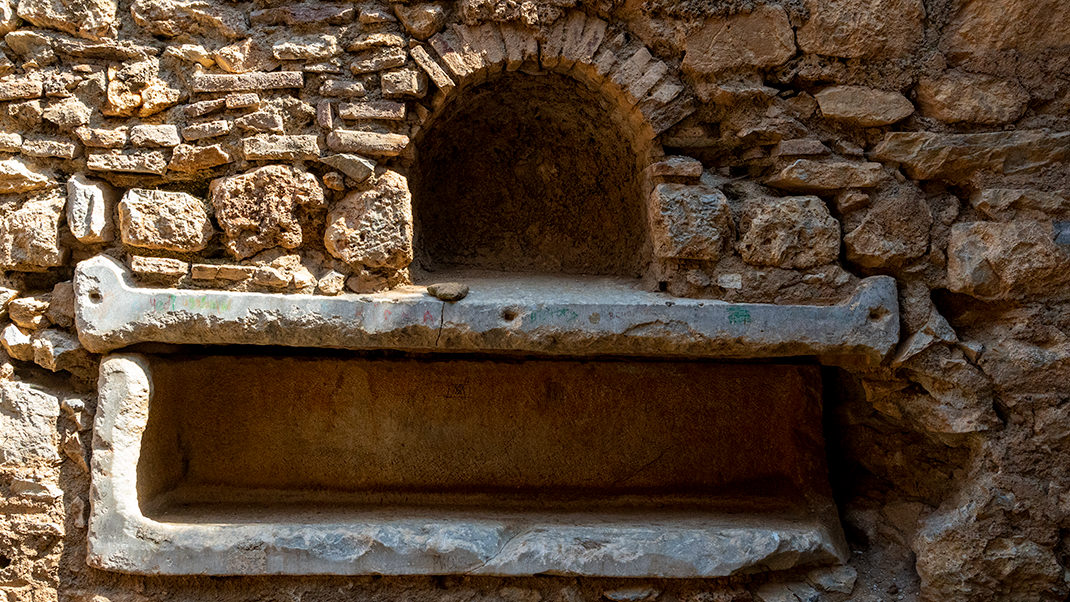
After waking up, one of the youths decided to go to the city (the legend does not specify how he overcame the wall built at the entrance). When attempting to pay for food at the market, he learned that the ruling emperor was now Theodosius II, and since the youths' confinement in the cave, not just one night had passed but a whole 200 years.
Interestingly, the story of the Seven Sleepers is known in both Christianity and Islam, although in the latter case, different cities are mentioned as the residence of the young men.
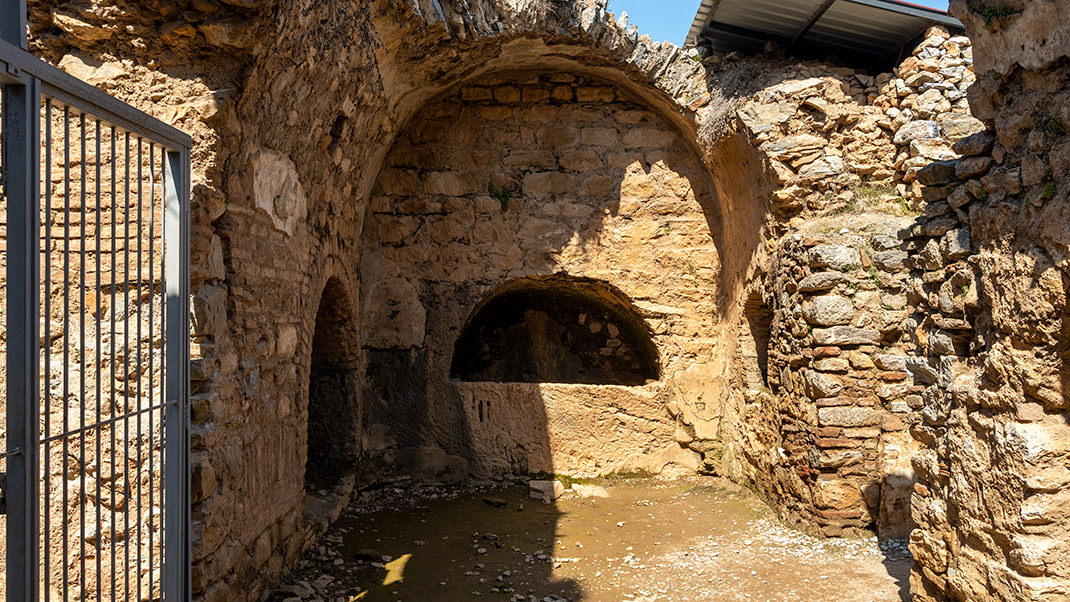
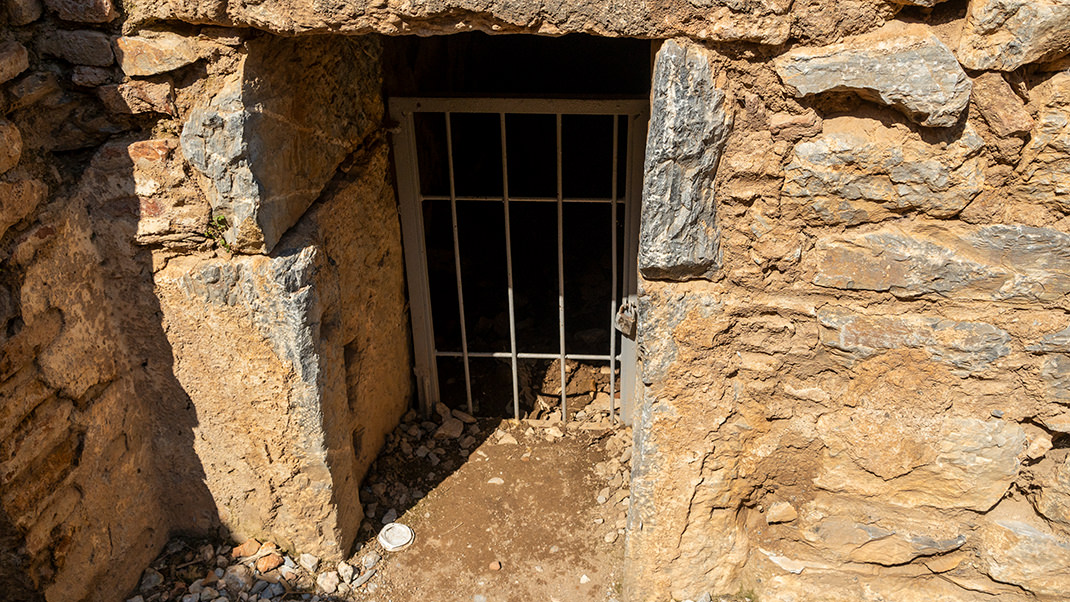
During excavations near ancient Ephesus, the ruins of a church and numerous tombs with inscriptions mentioning the story of the Seven Sleepers of Ephesus were found. Therefore, it is believed that the events I mentioned took place in these locations.
The modern tourist complex associated with the story of the young men is quite small: travelers can climb the hill and see the stone walls with indentations. However, access to the cave itself, where, according to tradition, the youths were located, is blocked by an iron grille. According to the information board, this is due to the possible damage to the ancient monument.
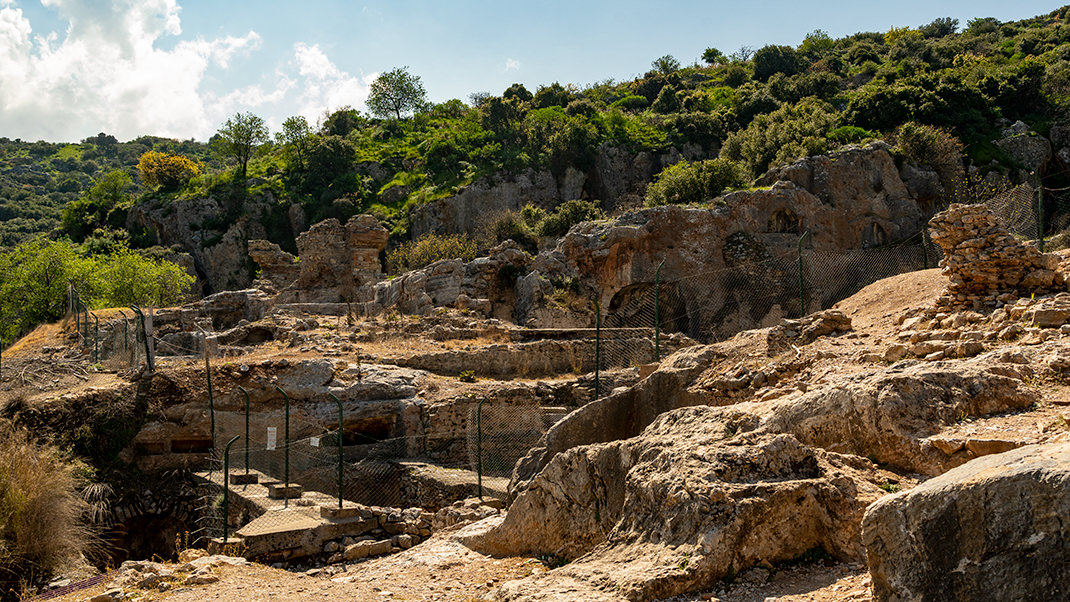
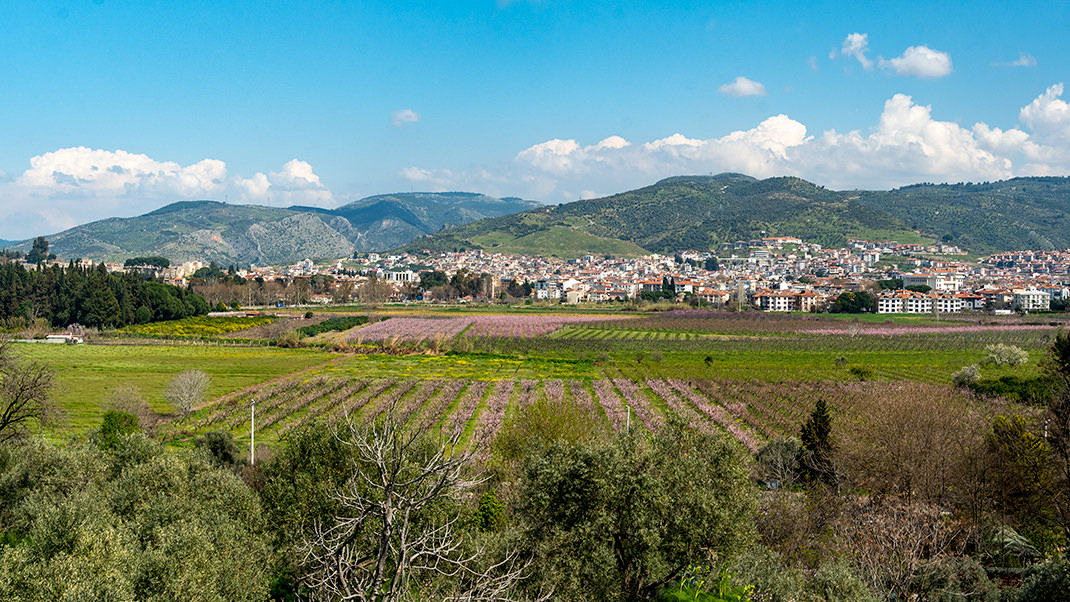
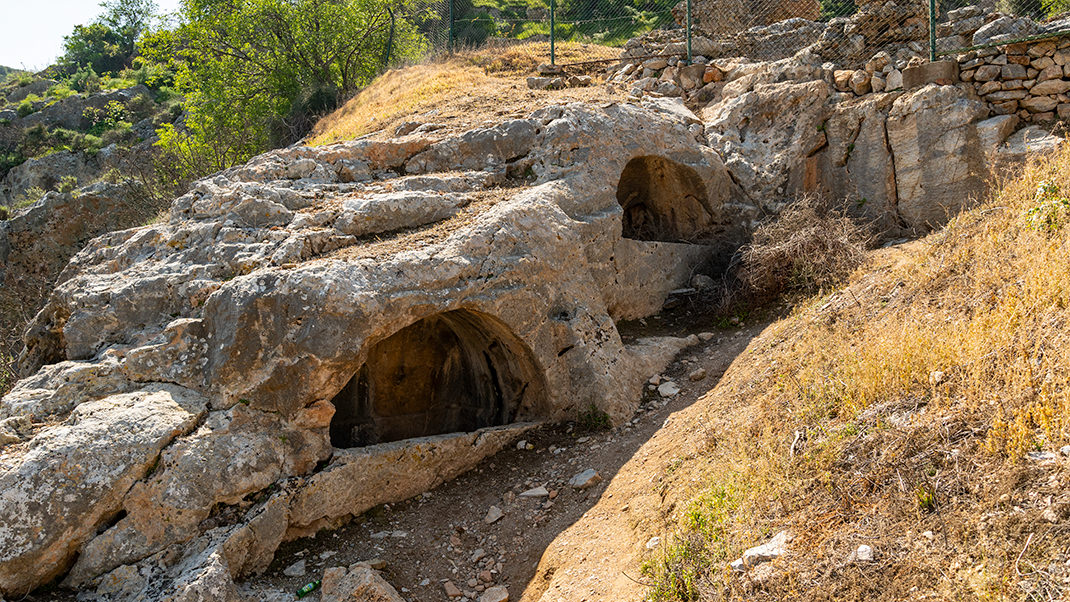
With this, I conclude my series of articles about the trip to Ephesus, but in the future, I will definitely tell you about other interesting cities in amazing Turkey. For now, I suggest you continue your journey into history with a virtual stroll through the aqueducts of Istanbul. They can be considered among the most interesting places in the suburbs of the ancient city.
Have a nice trip!



